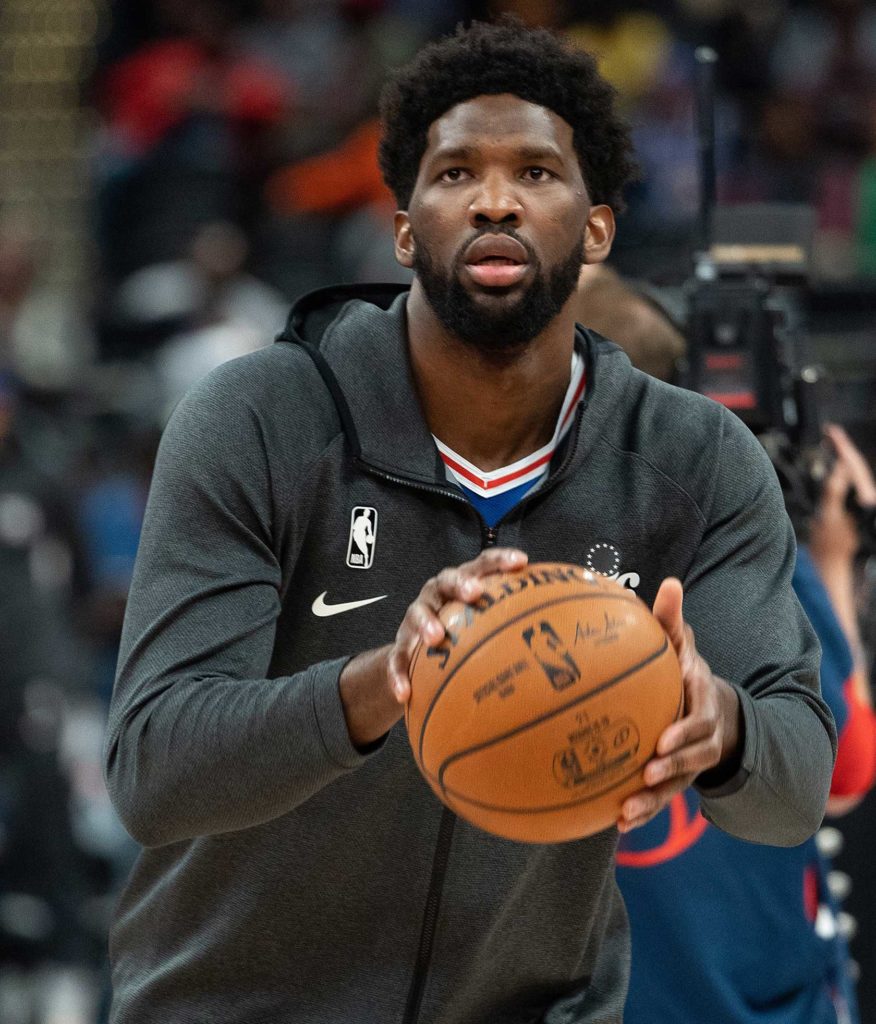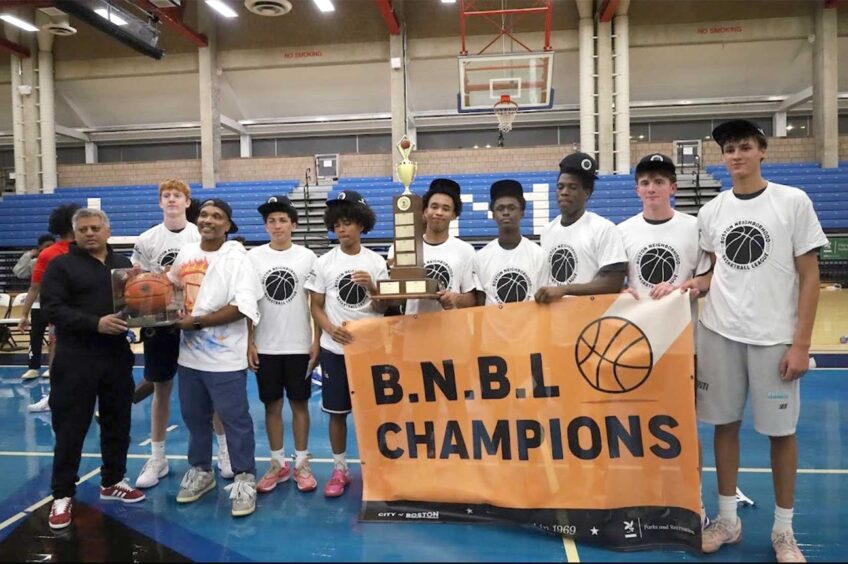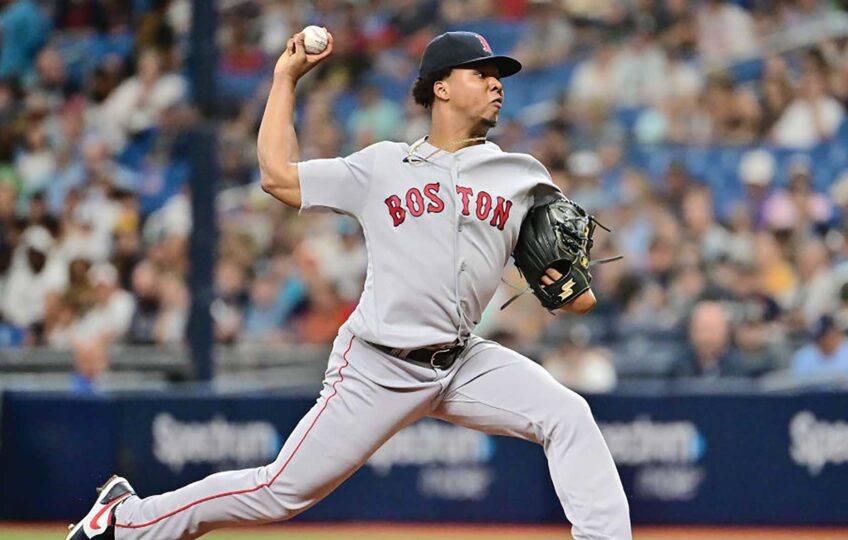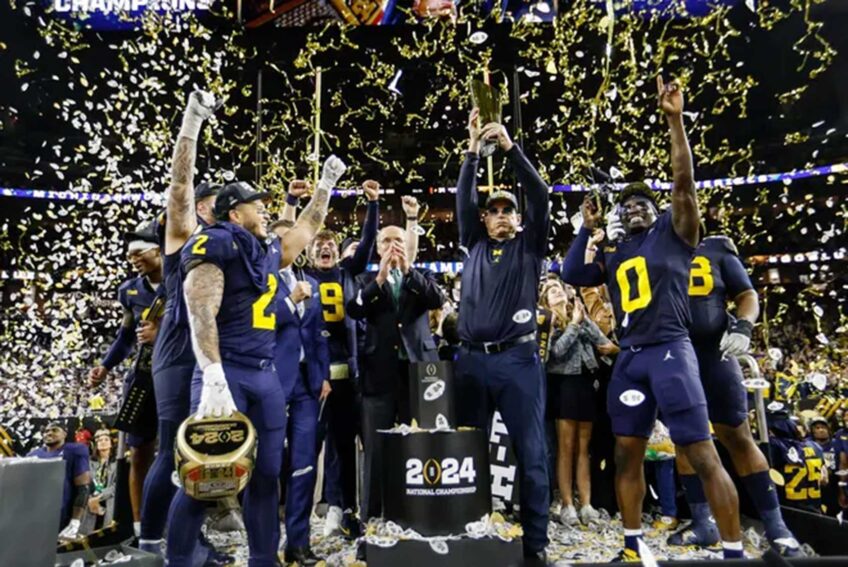International basketball players changing the game
Focus on analytics, academies gives European players an edge

You can call legendary basketball mentor and broadcaster Al Maguire a man of his time. Loquacious and unfiltered, his spontaneous on-air musings would not have played well in today’s era.
The former Marquette University coach, who stood behind many of his players beyond their college days, might have transgressed even his own non-conformist ways several decades ago with his shocking comment, “Blacks control two things in America: basketball and poverty.”
But would the native New Yorker, who passed away in 2001 at age 72, express the same sentiment today? While Black Americans still make up more than 73% of the league’s players, two European stars — Greek Giannis Antetokounmpo and Serbian Nikola Jokic — have won the last four regular-season NBA MVP honors.
Jokic won his second straight MVP this past season. Antetokounmpo, who finished third in voting in 2022, won the honors outright in 2019 and 2020.
Adding to that international onslaught, Cameroon native Joel Embiid finished second in the voting this past season, and Slovenian Luka Doncic came in fifth place. American Devin Booker finished fourth.
While basketball, in the broadest sense, remains an American sport, and colloquially a “Black” sport, the American patrimony spread around the world has come back to its source in a very interesting way.
Former NBA player Sam Mitchell is well on top of the changes in the game. His entire professional life, save for two seasons in France, has revolved around the NBA. His praise for the approach international basketball has taken is boundless, but he’s afraid for what he sees in America’s basketball landscape.
“I think the Europeans have taken basketball and made it better,” he said. “My view is a little different from other people. I played in Europe. In Europe you go to a basketball academy, and you have former players coaching who are professional coaches. That’s what they do. That is their job. These kids in Europe are getting professional coaching at an earlier age. Our kids join an AAU program. Who is coaching? Rick, Bob, Fred? That’s why their players are more fundamentally sound.”
Mitchell played his first two years of professional basketball in France before playing 16 seasons in the NBA. He was also named the 2007 NBA Coach of the Year in Toronto. He currently works as a radio personality for Sirius XM NBA Radio as well as the NBA network.
The Georgia native, who spoke by phone from his Atlanta home, said America still produces players of astounding quality. But he thinks the game has veered too far into the areas of athleticism, computer analytics and the three-point shot.
“I’ve been saying, every time I talk to American high school players, that these kids coming over from Europe are learning the game from the head up,” he said. “We are more athletic. Once the European kids get that athleticism, like Giannis, and it catches up with the American kids, it’s going to be over. So that’s what you are seeing right now. I just think we need to really, really focus on the coaching aspect of things and the development of our kids.”
Scott Roth, an American who has played and coached professionally in Europe for more than a decade, made comments similar to Mitchell’s in a story published several years ago.
“They’re so far ahead of us fundamentally and how they have grown basketball,” he said. “The evolution of U.S. basketball is AAU [Amateur Athletic Union]. Some of these kids play 100 games in the summer, don’t get any training or teaching. Usually the AAU teams are not even run by coaches. They are run by money people who are investing in these kids to get shoe deals and agents. Our way of training has not been very good over the last 10 to 20 years.”
Roth, who coached the Spanish club Baloncesto Sevilla the year after Kristaps Porzingis left the club to join the NBA, said European basketball has not strayed from the rock-solid footing it uses to develop young talent.
“The Europeans have stayed steady with fundamentals and growing these kids at a very young age. You don’t have a lot of exterior things with European players. You don’t have entourages, or shoe companies or people chasing these guys down. They’re very job-oriented, focused kind of players, and I think that puts them ahead of the U.S. players in most cases.”
Mitchell said overreliance on computer analysis in basketball has altered things too far into another direction.
“Analytics took over the game,” he said. “We’ve always used analytics. We’ve always known where guys shoot the ball better from. What we always had in the past is we had a balance of analytics and common sense and basketball. We had a little bit of everything. Now it’s just all analytics.
“Now it’s ‘Jack up threes,’” he continued. “The coaches will say it. ‘We’re trying to get 50 three-point shots a game.’ They are not saying anything about quality. It’s just quantity. All we are trying to do is shoot 32 percent. But the truth is, when the playoffs come, the analytics go out the window.”
In the quest for endless three-point shooting, the position that has suffered the greatest has been the center spot, according to Mitchell. He said a post-up player might not be fancied in this day and age because it has lost the aesthetic appeal it once had.
“’Who wants to see a post-up guy shoot jump hooks?’” he said. “I guess that’s the mentality. If I was developing a seven-foot guy, I would give him the post moves as well as a three-point shot. You should be embarrassed if you are seven feet tall and you don’t have a drop step or a jump hook or a counter to that.”
He added, “All you need is two moves and a counter. That’ll get you four moves. You don’t need 20. You just need two, which equates to four if you have a counter. If you watched the NBA finals, you watched how many times Steph Curry got switched by one of Boston’s big (men) and what did Boston’s big men do with the ball. Kicked it out. Every time. They kicked it out.”
Mitchell, who considers Jokic, Embiid, Antetokounmpo, Doncic, Kevin Durant and Curry as the league’s best current players, said the common denominator for the European player is the mastering of the sport’s basic skills.
“The Joker and Joel Embiid are complete players,” he said. “They can shoot the three, they can post up. It’s about the fundamentals. The Joker will be able to play until he’s 40. Why? He doesn’t rely on athleticism. He relies on skill. If you back up off him, he can shoot. If you put a switch on him with a little guy, he can post up and score. He can play. He is a complete player.”
The basketball training pendulum could swing back in favor of solid fundamental training. The elephant in the room, he said, is always burnout and that young people need time to do other things.
“I think it will get a little bit better because you have more basketball academies popping up,” he said. “I think people are starting to realize AAU is just too political. If you think your child is so good, put him in an environment where everyone is competing at the same level. You’ll see who the best is. AAU is too political, but you are starting to see more basketball academies popping — and if that happens, you’ll see more well-rounded players. But it’s going to take a while. The Europeans already have their academies established, and they are turning them out.”
As for Maguire, he knew exactly the type of player he was seeking out back in the 1960s and 70s.
“I just can’t recruit where there’s grass around,” he said. “You gotta have a concrete lawn before I feel comfortable enough to go in and talk to the parents.”







